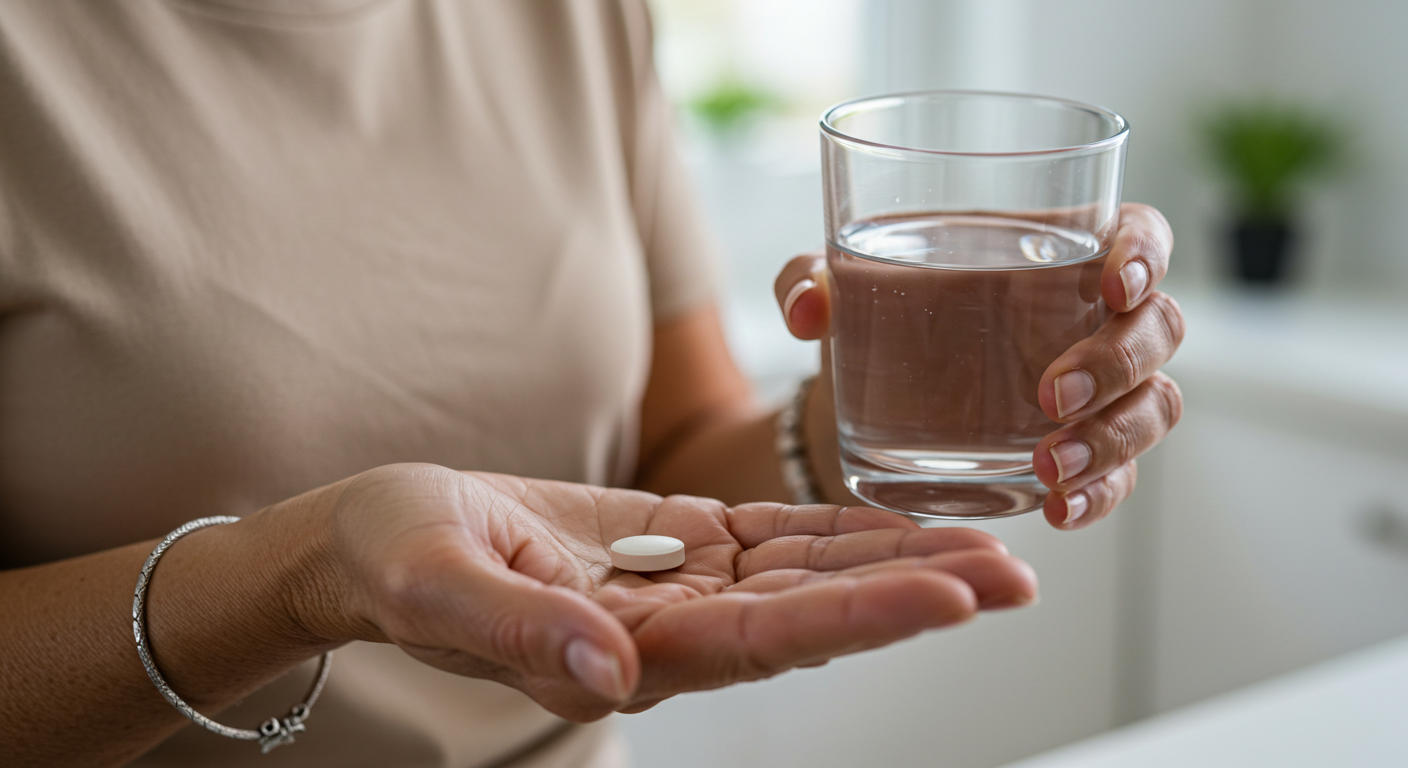Dr. Kumar’s Take:
A 2015 study published in Expert Review of Clinical Pharmacology challenges the long-standing belief that statins are universally beneficial for heart health. The authors argue that statins might inadvertently contribute to atherosclerosis and heart failure by disrupting essential physiological pathways. While this claim is controversial, understanding the mechanisms at play can help individuals make informed choices about their heart health.
Brief Summary:
The study explores the unintended effects of statins on cardiovascular health. The authors suggest that statins, while effective at lowering LDL cholesterol, may also:
✔ Reduce vitamin K2 production, leading to arterial calcification.
✔ Impair the function of selenium-dependent enzymes, which protect against oxidative damage.
✔ Disrupt CoQ10 synthesis, leading to mitochondrial dysfunction and muscle fatigue.
✔ Increase arterial stiffness and inflammation, counteracting their cholesterol-lowering benefits.
Review Design:
This study is a review rather than a randomized controlled trial. It compiles biochemical and clinical evidence suggesting potential negative effects of statins. The researchers analyze data from multiple sources, highlighting mechanisms that could lead to increased atherosclerosis and heart failure risk.
Mechanisms of Concern:
1. Vitamin K2 Depletion and Arterial Calcification
Vitamin K2 plays a crucial role in preventing calcium buildup in arteries. Statins may inhibit its production, leading to increased vascular calcification—a risk factor for heart disease.
2. Selenium Depletion and Oxidative Stress
Selenium-dependent enzymes, such as glutathione peroxidase, protect cells from oxidative damage. Statins might interfere with their biosynthesis, leading to increased oxidative stress and potential heart failure.
3. Coenzyme Q10 (CoQ10) Deficiency and Mitochondrial Dysfunction
CoQ10 is essential for energy production in mitochondria. Statins inhibit its production, potentially causing fatigue, muscle pain, and weakened heart function.
4. Inflammation and Arterial Stiffness
While statins reduce cholesterol, they may also increase inflammation and arterial stiffness, which paradoxically contributes to heart disease.
Related Studies and Research
Statins: Effectiveness and Safety Review – Analyzes the benefits and risks of statin therapy, considering their safety and overall impact on cardiovascular health.
Cholesterol and Atherosclerosis: The 1961 Study – Reviews a pivotal 1961 study on cholesterol’s role in atherosclerosis and its impact on heart disease research.
LDL-C and Mortality in the Elderly – Investigates the relationship between LDL cholesterol levels and mortality risk in older adults.
LDL Cholesterol and Heart Disease: A Review – Evaluates the link between LDL cholesterol and heart disease risk, questioning traditional perspectives.
Frequently Asked Questions:
Should I stop taking statins?
This study presents an alternative viewpoint that statins may be harmful inherently. But statins have shown benefits in patients with high cardiovascular risk. Always consult your doctor before making any changes.
What are natural ways to protect my heart?
Ensuring adequate intake of vitamin K2, selenium, and CoQ10 may help support cardiovascular health. A diet rich in leafy greens, fermented foods, and healthy fats can be beneficial. Diet and lifestyle changes are always a good idea.
Are there alternatives to statins?
Some individuals explore alternatives like lifestyle changes, PCSK9 inhibitors, cholesterol absorption inhibitors, or fibrates.
Conclusion:
This study presents a controversial yet thought-provoking perspective on statins. While statins remain a cornerstone of cardiovascular prevention, their long-term effects on arterial health warrant further research. If you’re taking statins and have concerns, discuss them with your physician and consider lifestyle measures to optimize your heart health.


